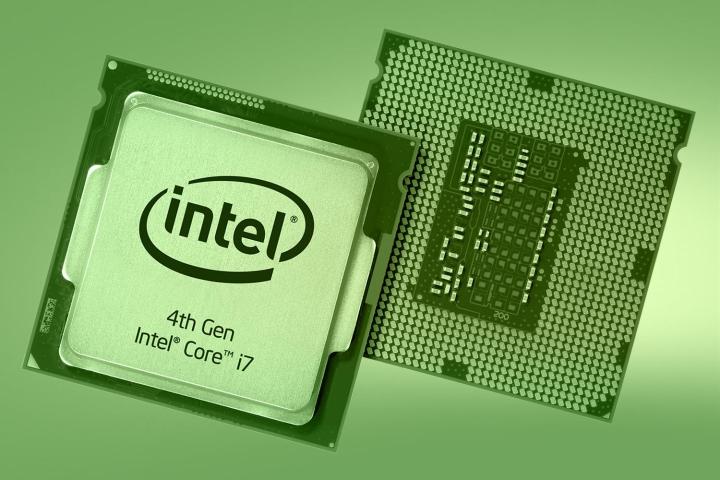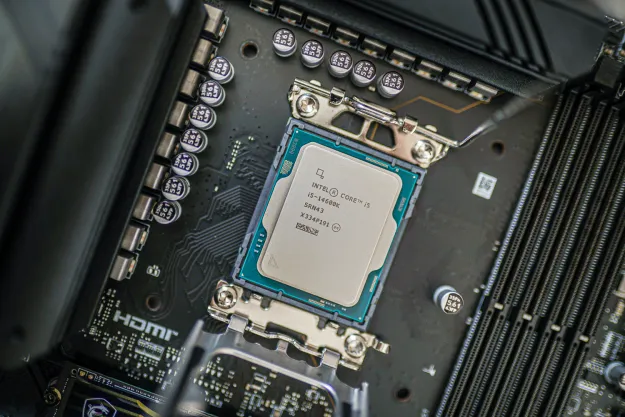
A recent paper, published by a joint research tem from the State University of New York at Binghamton, and the University of California Riverside, alleges that certain processors are inherently flawed and open to attack, according to Ars Technica. The flaw works against a specific method used by modern operating systems, including both Windows and MacOS, to keep systems secure called “address space layout randomization,” or ASLR.
Basically, ASLR jumbles up the memory locations where applications store their code, making it more difficult for exploits to take over a system. Instead, attacks are more likely to cause the computer to simply crash — an inconvenience to users and a potential source of data loss, but far preferable to allowing a hacker to assume control.
The flaw in Intel’s processors, which was demonstrated in Linux running on a system utilizing a Haswell chip, allows attackers to bypass ASLR. On a more technical level, a vulnerability exists in the processor’s branch predictor that allowed the researchers to identify where chunks of code would be stored. This basically represents a “side channel” in the branch predictor that attackers can use to get around ASLR, making predictable something that should be unpredictable.
As the researchers put it, “ASLR is an important defense deployed by all commercial operating systems. It is often the only line of defense that prevents an attacker from exploiting any of a wide range of attacks (those that rely on knowing the memory layout of the victim). A weakness in the hardware that allows ASLR to be bypassed can open the door to many attacks that are stopped by ASLR. It also highlights the need for CPU designers to be aware of security as part of the design of new processors.”
Intel is checking into the research, and the researchers go beyond merely alerting the industry to the potential vulnerability by offering a number of ways to reduce the likelihood of attack via hardware and software. The details of the exploit are contained in the paper titled “Jump Over ASLR: Attacking the Branch Predictor to Bypass ASLR” that was presented on October 18 at the IEEE/ACM International Symposium on Microarchitecture held in Taiwan.
Editors' Recommendations
- Some Intel CPUs lost 9% of their performance almost overnight
- Do CPUs require drivers?
- The only Intel CPU you should buy is over a year old
- Everything we know about Lunar Lake, Intel’s big next-generation chips
- Reviewers agree: Intel’s latest chip is truly ridiculous


